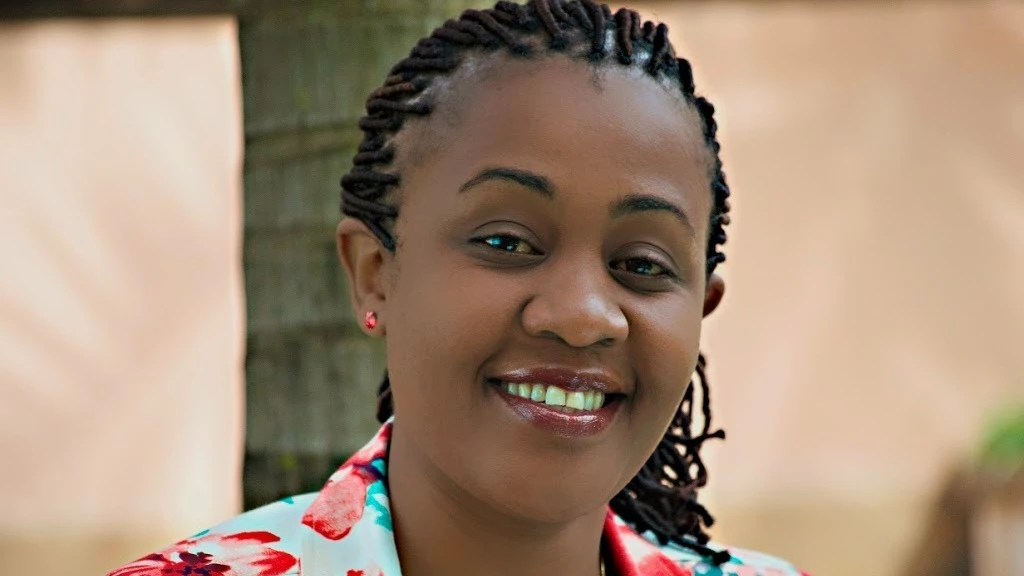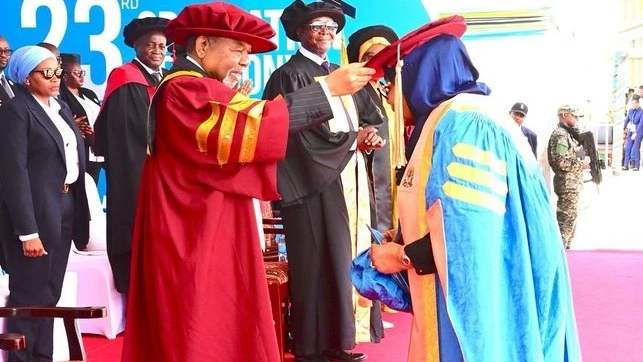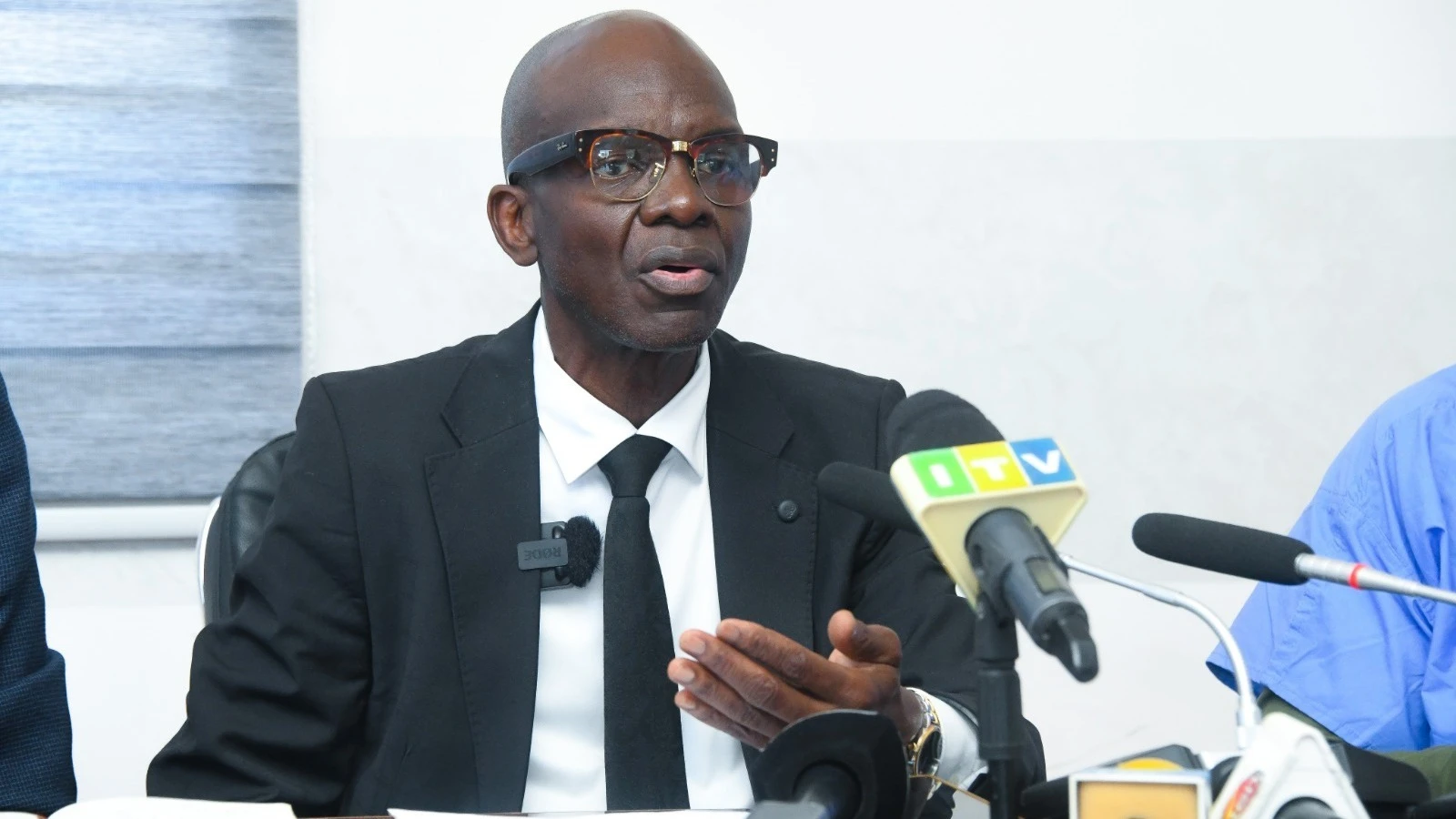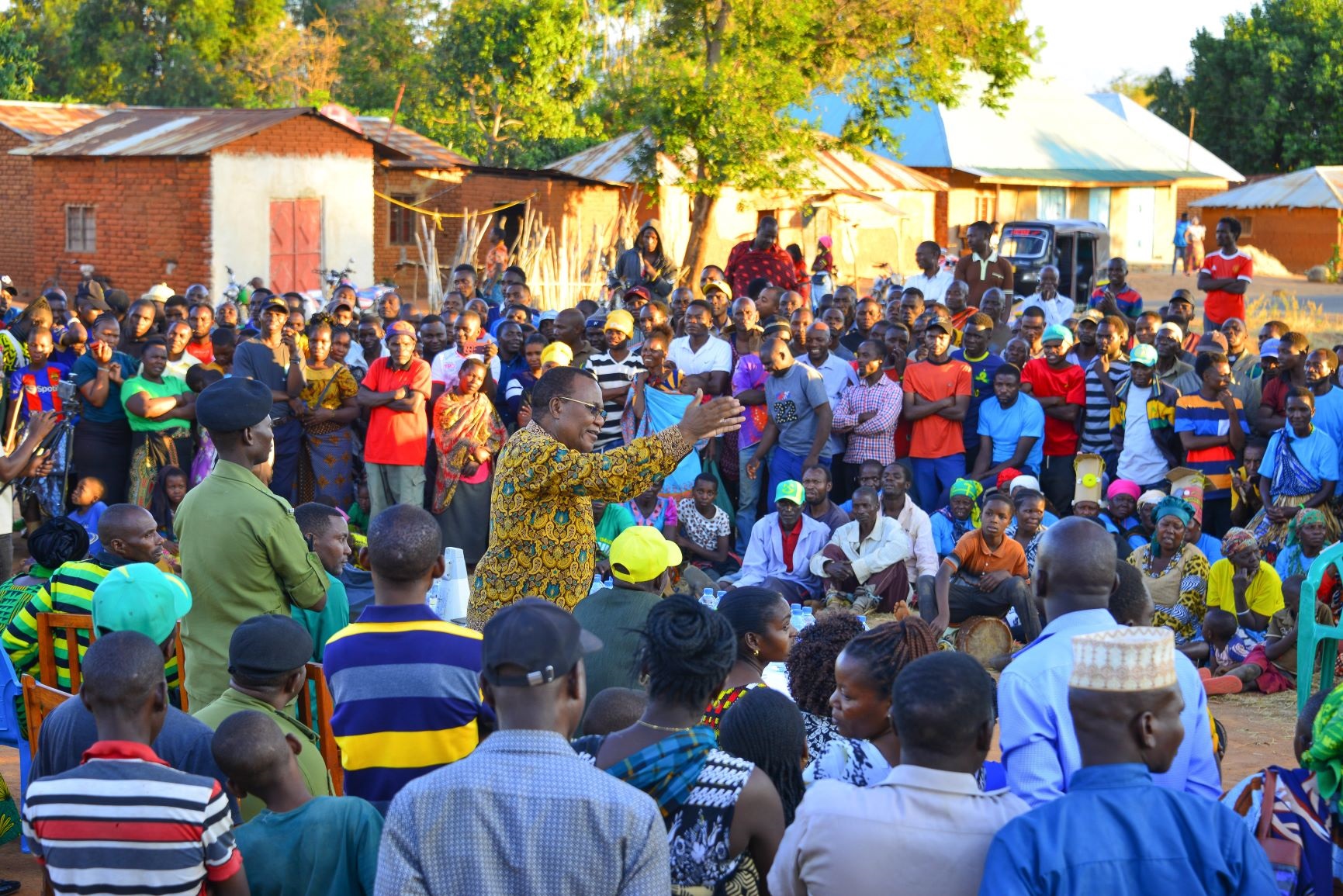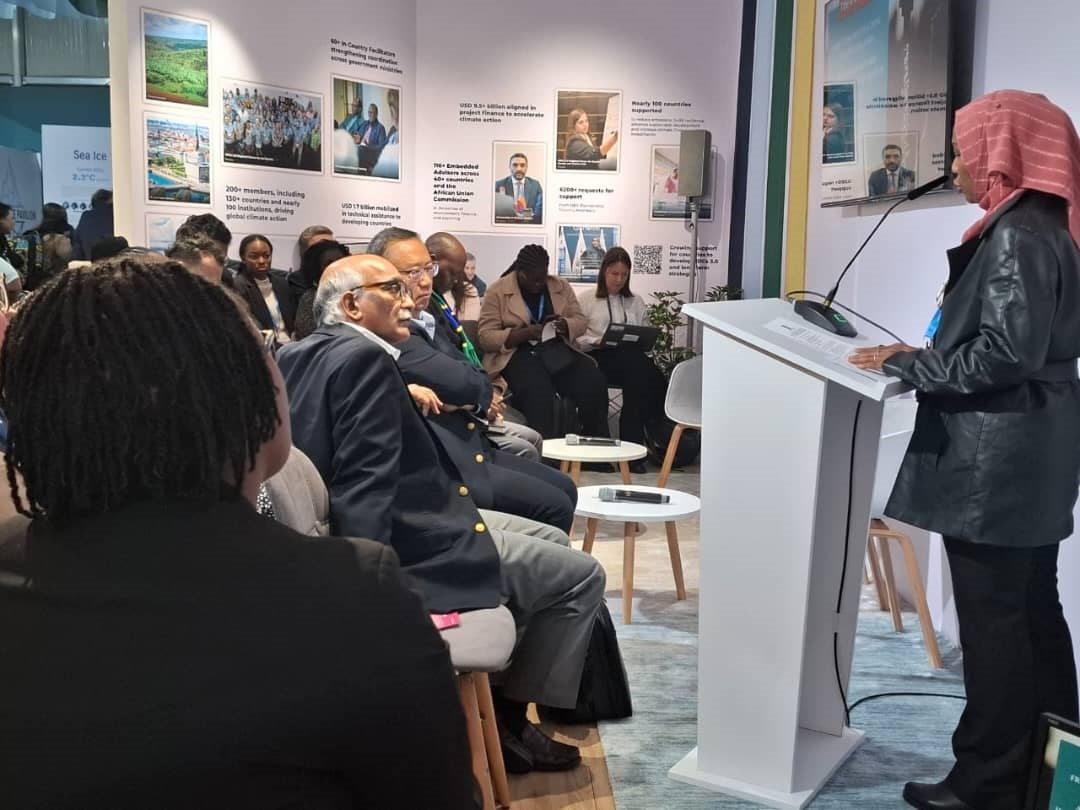New agri-food project to enhance food security
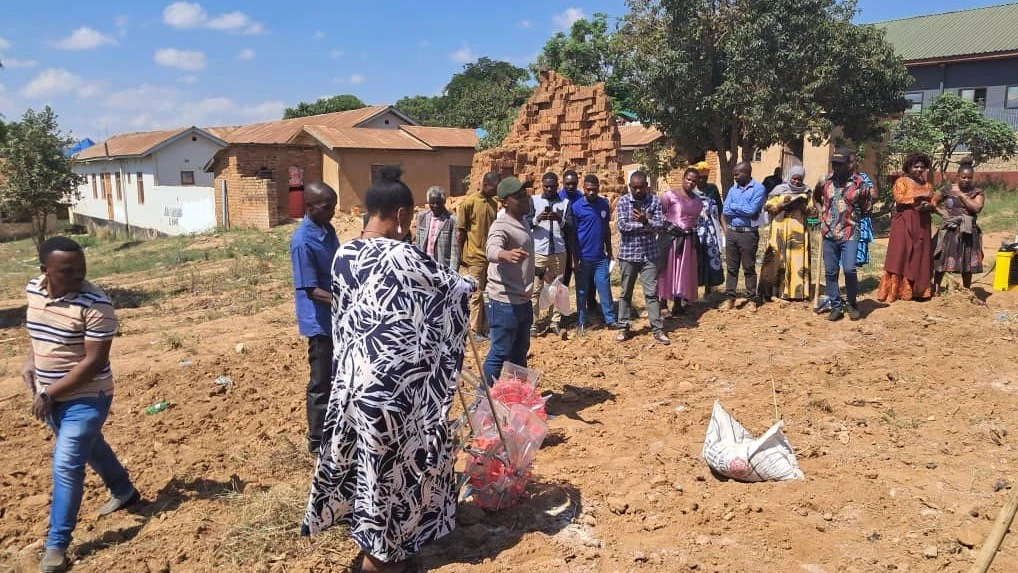
The Netherlands Development Organization (SNV) in Tanzania is collaborating with other organizations to implement an ambitious agri-food project aimed at enhancing food security and resilience among smallholder households in five key regions of the country.
Dubbed NOURISH Tanzania, the five-year initiative (2024-2028) is led by SNV Tanzania in partnership with Farm Africa, the Research, Community, and Organizational Development (RECODA), MIICO, and T-MARC. It aims to impact 168,000 smallholder farmers, 100 micro, small, and medium enterprises (MSMEs), and farmer organizations, with a special focus on vulnerable households.
The project targets regions with high rates of food insecurity and malnutrition, including Singida, Dodoma, and Manyara in the central-northern zone—areas suffering from acute food insecurity—as well as Songwe and Rukwa in the Southern Highlands, which face chronic malnutrition.
Mary Rauscher, the Team Leader for the NOURISH Project at SNV Tanzania, explained that the initiative is designed to support smallholder farmer households heavily reliant on agriculture and struggling with food insecurity and nutrition challenges.
“Research shows that smallholder farmers in these regions often have low productivity due to limited access to quality inputs and extension services, coupled with unpredictable weather patterns that exacerbate their vulnerabilities,” Rauscher said.
She also highlighted other key barriers, such as inadequate market access, insufficient nutritional knowledge, and gender inequalities, which hinder household food security.
Funded by the Norwegian Agency for Development Cooperation (Norad), the project seeks to address these challenges through three interconnected outcome pathways including improved climate-smart productivity, diversified food supply and market integration as well as enhanced resource utilization.
The project aims to boost climate-smart, nutrition-sensitive agricultural productivity for 168,000 smallholder households. “This will be achieved by strengthening farmers’ knowledge of climate-smart practices, enhancing their skills, and improving access to inputs and finance,” Rauscher revealed.
The initiative seeks to increase and diversify food supplies in local markets by fostering collaborations among market players, promoting digital solutions, and empowering smallholder farmers and MSMEs.
Efforts will focus on promoting nutritious diets, household food budgeting, and empowering women to make household decisions.
“We are focusing on improving the utilization of household resources to provide diverse and nutritious food while targeting four high-potential value chains: sorghum, sunflower, common beans, and vegetables,” Rauscher added.
According to SNV Tanzania Communication Officer Neema Kimaro, the project has already conducted extensive training sessions for its beneficiaries. Local partners RECODA and MIICO trained 478 lead farmers, 115 agricultural extension officers, and 56 coaches in good agronomic practices (GAP), climate-smart agriculture (CSA), soil and water management, post-harvest handling, and demo-plot establishment.
“Each lead farmer will now train approximately 50 smallholder farmers in their communities and establish demonstration plots to showcase recommended techniques and inputs,” Kimaro noted.
The project also partnered with the Tanzania Agriculture Research Institute (TARI) to provide 115 ward agricultural extension officers with training on soil health, testing techniques, and fertilizer options.
The initiative has facilitated business-to-consumer meetings across Singida, Manyara, Dodoma, Rukwa, and Songwe, connecting farmers with seed and input suppliers. “These events allow farmers to access information on available products and purchase seeds directly,” Kimaro explained.
The NOURISH Project aligns with key government frameworks, including the National Five-Year Development Plan (FYDP III, 2021/22–2025/26), the Agriculture Sector Development Programme Phase II (ASDP II, 2018/19–2027/28), the National Climate Response Strategy (2022–2026), and the Nutrition-Sensitive
Top Headlines
© 2024 IPPMEDIA.COM. ALL RIGHTS RESERVED
















